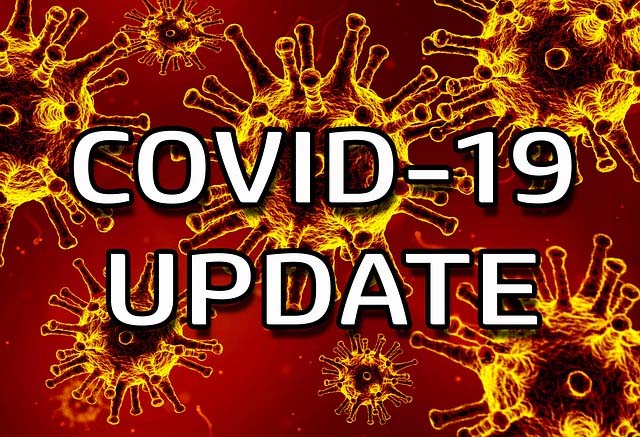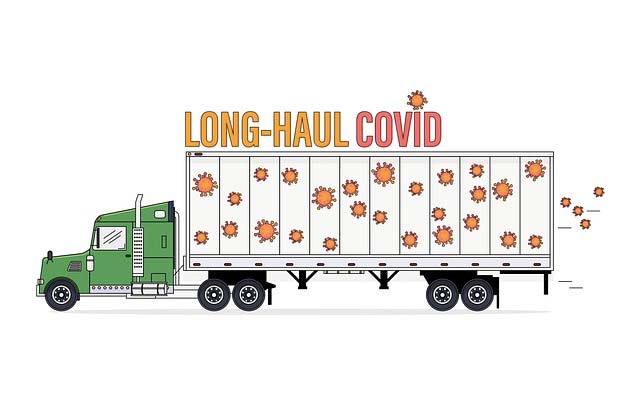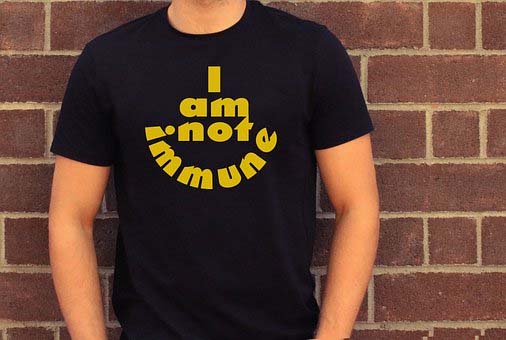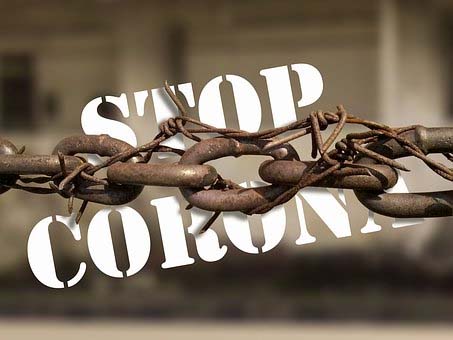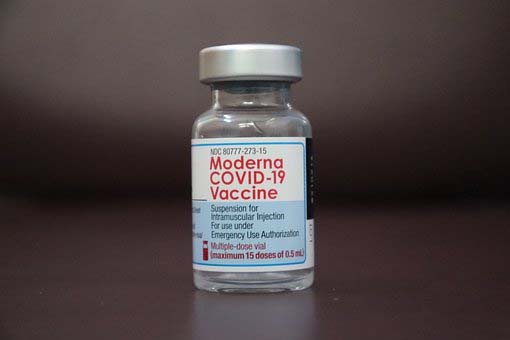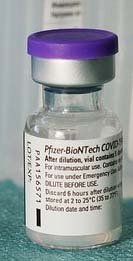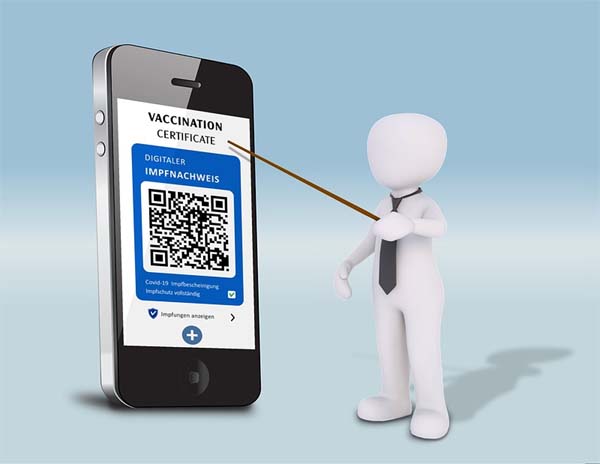COVID 2nd BOOSTER
The COVID 2nd booster shot is now available (as of May 2022) for those persons 50 and over, and especially for those who are moderately or severely immunocompromised.
This 4th shot (2nd booster) must be an mRNA shot from Pfizer or Moderna and should be taken approximately 4 months after the last dose. The CDC suggests this is especially important for people 65 and older, who are at a higher risk from severe disease.
But many continue to question the efficacy of vaccines and boosters. Do we really know if this 4th shot is effective and or even necessary? And what about the protection from natural immunity if an individual has had COVID-19 and recovered?
Below are some facts about natural immunity, booster shots, and vaccines:
NATURAL IMMUNITY-
DOES IT PROTECT FROM COVID REINFECTION?
Once a person has had COVID-19 and recovered, does the resulting natural immunity protect that person from reinfection?
The answer to that question appears to be yes, but only up to a point. As is the case with certain vaccinations, natural immunity wanes over time, and added to this, new variants compromise some of the protection afforded by an individual’s immune system, sometimes resulting in reinfection.
Vaccinations against diseases that do not mutate and produce variants can afford lasting immunity. This is the case with diseases such as polio and measles. This is definitely not the case with COVID-19.
Early evidence showed that over the first year of the pandemic, reinfections were rare. However, when new variants started to circulate, it was unknown how well natural immunity would hold up against new strains of the virus.
These new variants have been shown to be increasingly different from the original virus. Antibodies already in the bloodstream from the original virus appear to be less likely to be able to stick to the new variants to be able to help the body’s immune system fight off infection.
Studies done thus far have found that the protection offered by natural immunity against infection from the Alpha and Delta variants was in the 90th percentile. Protection dropped to the 50th percentile with the Omicron variant.
Therefore, the data we have been able to obtain so far appears to show that natural immunity protection drops significantly as the COVID-19 virus continues to mutate.
SHOULD A PERSON WHO HAS HAD COVID-19 GET VACCINATED AFTER RECOVERY?
To answer this question, it must be understood that infection and vaccination are not either/or propositions!
US data found that even before the emergence of the Omicron variant, individuals who had recovered from COVID-19 but remained unvaccinated had more than twice the odds of being reinfected compared to someone who was fully vaccinated.
Therefore, data suggests that an individual with a previous COVID-19 infection can and should definitely get vaccinated.
However, those who recover from COVID-19 should wait 3 months before getting vaccinated because during that time it is likely their bodies are still producing high levels of antibodies and the vaccine will probably not provide much of an immune boost.
Although studies involving COVID-19 immunity, vaccines, boosters, etc. are being done in different countries, at different points in time with circulating variants, different vaccine protocols, and using different methodologies, all of these studies are consistent in indicating that there is definitely an added benefit to getting vaccinated even if an individual has previously had COVID-19.
Vaccines provide a critical immune boost to individuals who have recovered from COVID-19 and this is what they were designed to do.
IS IT TRUE THAT THE MORE BOOSTERS PEOPLE RECEIVE, THE LESS BENEFICIAL, OR EVEN HARMFUL, THEY CAN BE ON THE IMMUNE RESPONSE?
This idea appears to have been created by a theoretical concept known as ‘immune exhaustion,’ set forth by Dr. Peter Chin-Hong, a professor of medicine and an infectious disease expert at UCSF School of Medicine.
The concept comes from the idea that the memory cells or T-cells of our immune system get exhausted when seeing the same thing all the time. However, this concept is based on studies on cancer and HIV-positive patients, not on patients with COVID-19.
Cancer and HIV cells in cancer and HIV-positive patients can be in the body for so long that the immune system does become exhausted. When this happens, cancer breaks through and chemotherapy is needed, or HIV breaks through and antiretroviral therapy is needed. Booster vaccine shots for COVID-19 administered with months in between each other do not exhaust the immune system in the same way.
But comparing COVID-19 to cancer or HIV is like comparing apples to oranges. Boosters are preventative measures to help the immune system prevent the virus from getting into the body in the future and antivirals as well as chemotherapy and antibiotics are used for an infection already in the body.
WHAT SHOULD BE THE PRIMARY FOCUS OF FUTURE PUBLIC HEALTH EFFORTS TO CONTROL COVID-19--
PROTECT AGAINST SEVERE ILLNESS or PROTECT AGAINST INFECTION and REINFECTION?
The 4th booster has been administered in Israel for some time now. Data has shown that the booster does prevent hospitalization but doesn’t really protect against breakthrough infections or reinfections.
Current data suggests that the 2nd COVID-19 vaccine booster shots (mRNA Pfizer and Moderna) can provide additional protection against Omicron infections but only for a limited time. The protection these vaccines provide from serious illness and/or death is the most important factor.
Therefore, perhaps it may be necessary in the future for scientists to focus more on reformulating vaccines to protect against severe illness, not just protection against infection.
When vaccine efficacy goes down and infections and reinfections rise, the blame should be put on the mutating virus, not the vaccine.
SO, IS THE 2nd COVID BOOSTER USEFUL OR NECESSARY?
Israeli studies of more than 1.2 million people aged 60 and over found that a second booster (4th dose) of the Pfizer vaccine offered strong protection against severe infections caused by the Omicron variant for at least 2 months (the study period).
A more recent study of older population members, published in Israel, found that those who received the second Pfizer booster shot were 78% less likely to die from the virus than those who only got the first booster.
Still, more data will have to be collected to more accurately determine the full usefulness or necessity of the 2nd COVID-19 booster shot.
WILL THERE BE MORE BOOSTER SHOTS IN THE FUTURE?
Additional rounds of vaccinations may very well be necessary to continue to control the spread of current and future COVID-19 variants.
We can only hope that with whatever variant comes about in the future, any prior protection would still be somewhat protective against those future variants.
IN SUMMARY...
The jury is still out on the subject of the COVID 2nd booster shot. The general scientific consensus at this point in time (May 2022), is that there is no harm in getting the shot and it may indeed help to ward off severe illness, especially in those over 65 and those over 50 who are moderately to severely immunocompromised.
The answer to the question of the COVID 2nd Booster shot and its efficacy and necessity will, of course, depend on the virulence of any new corona virus variants that spread and how quickly we can gather the latest data.
Please note: Some of the information in this article has been used by permission from the McGill University Office for Science and Society.
"The Cleanest Clean You've Ever Seen."
by
ABC Oriental Rug & Carpet Cleaning Co.
130 Cecil Malone Drive Ithaca, NY 14850
607-272-1566


